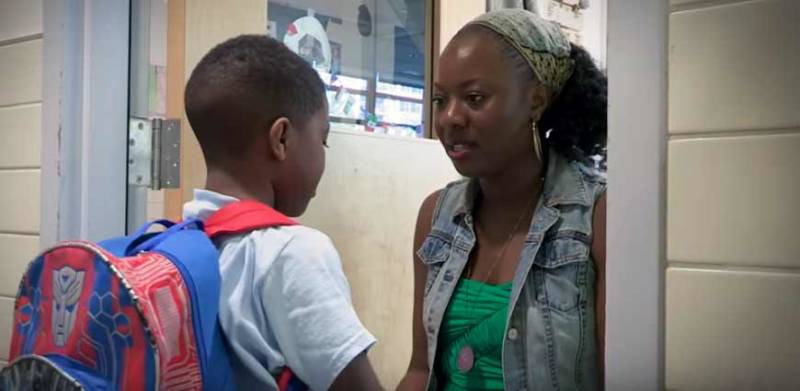Over many years researchers in the learning sciences, psychology, anthropology and neuroscience have learned a lot about how humans learn. One of the key properties is malleability. The brain changes in response to relationships and experiences, continuing to develop through young adulthood. And while the children in any class will develop differently based on their experiences, the brain will grow and change with the right inputs.
"What's most interesting is a child can become a productive and engaged learner from any starting point, as long as we intentionally build those skills," said Dr. Pamela Cantor, founder and senior science advisor of Turnaround for Children, in an Edutopia video on bring learning sciences into the classroom.
Strong relationships can prime a person to learn. And for those who have adverse childhood experiences, strong relationships can mitigate the negative effects of trauma. Schools organized with relationships as a priority can benefit children in many ways. In this Edutopia video, teachers share how they make time and mental space to connect with students.
"I prioritize relationship building, because getting to know them is the best part of the job," said English language arts teacher Catherine Paul.


